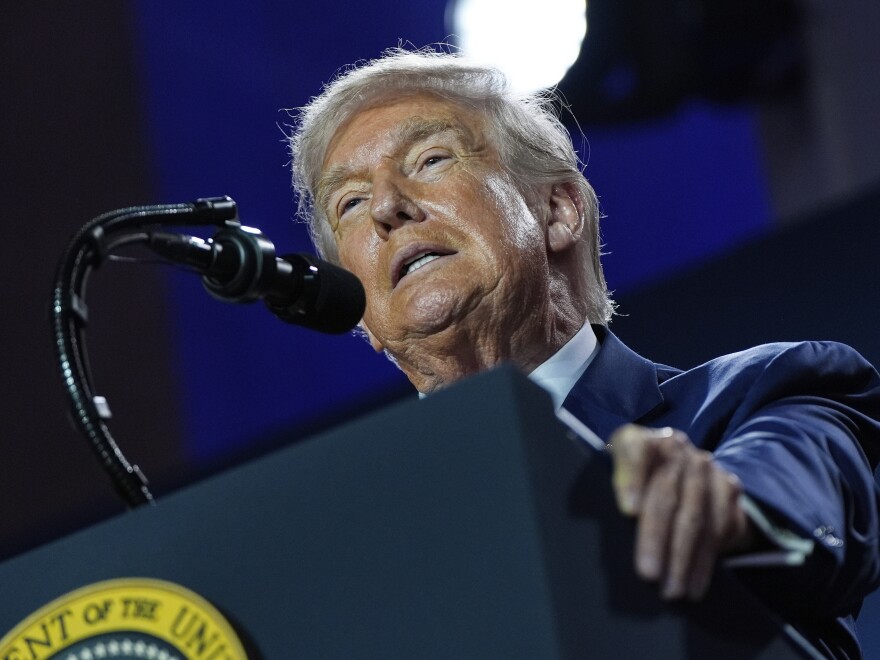Washington A federal appeals court in San Francisco upheld a lower-court ruling that prevented the implementation of President Donald Trump’s order to terminate birthright citizenship nationwide on Wednesday, ruling that it is unconstitutional.
The decision by a three-judge panel of the 9th U.S. Circuit Court of Appeals follows a federal judge in New Hampshire blocking Trump’s plan as well. It is the first appeals court to weigh in on the matter, and it moves the matter closer to a speedy return to the Supreme Court.
The ruling by the 9th Circuit prevents the Trump administration from implementing the order that would deny citizenship to children born to individuals who are temporarily or illegally in the country.
“The district judge properly determined that the intended interpretation of the Executive Order, which denies citizenship to numerous individuals born in the United States, is unlawful. The majority wrote, “We completely agree.”
The 2-1 victory upholds a finding by Seattle-based U.S. District Judge John C. Coughenour, who criticized what he called the administration’s efforts to disregard the Constitution for political ends and halted Trump’s attempt to terminate birthright citizenship. The order was originally blocked by Coughenour.
Messages seeking comment were not immediately answered by the Justice Department or the White House.
Since then, the Supreme Court has limited lower court judges’ authority to issue worldwide injunctions, or decrees that have an impact on the entire nation.
However, the majority of the 9th Circuit determined that the case qualified for one of the exceptions that the justices had left open. A coalition of states brought the lawsuit, arguing that they needed a national order to avoid the issues that would arise from birthright citizenship being the law in only half of the country.
“We conclude that the district court did not abuse its discretion in issuing a universal injunction in order to give the States complete relief,” wrote Judges Ronald Gould and Michael Hawkins, who were both appointed by President Bill Clinton.
The Trump-appointed judge Patrick Bumatay dissented. He discovered that the states lack the legal standing or right to file a lawsuit. “We should approach any request for universal relief with good faith skepticism, mindful that the invocation of ‘complete relief’ isn’t a backdoor to universal injunctions,” he stated.
Bumatay did not comment on the constitutionality of terminating birthright citizenship.
According to the 14th Amendment’s Citizenship Clause, everyone born or naturalized in the US and under US authority is a citizen.
Attorneys for the Justice Department contend that the clause “subject to United States jurisdiction” in the amendment means that children are not automatically granted citizenship based just on where they were born.
The states of Washington, Arizona, Illinois, and Oregon contend that this disregards the Citizenship Clause’s plain language as well as a famous 1898 birthright citizenship case in which the Supreme Court determined that a Chinese child born in San Francisco was a citizen simply because he was born in the United States.
According to Trump’s order, if the father is not a citizen or lawful permanent resident of the United States and the mother does not have legal immigration status or is in the nation temporarily, the kid born in the country is not a citizen. Around the United States, at least nine lawsuits have been filed contesting the directive.
Copyright 2025 NPR






